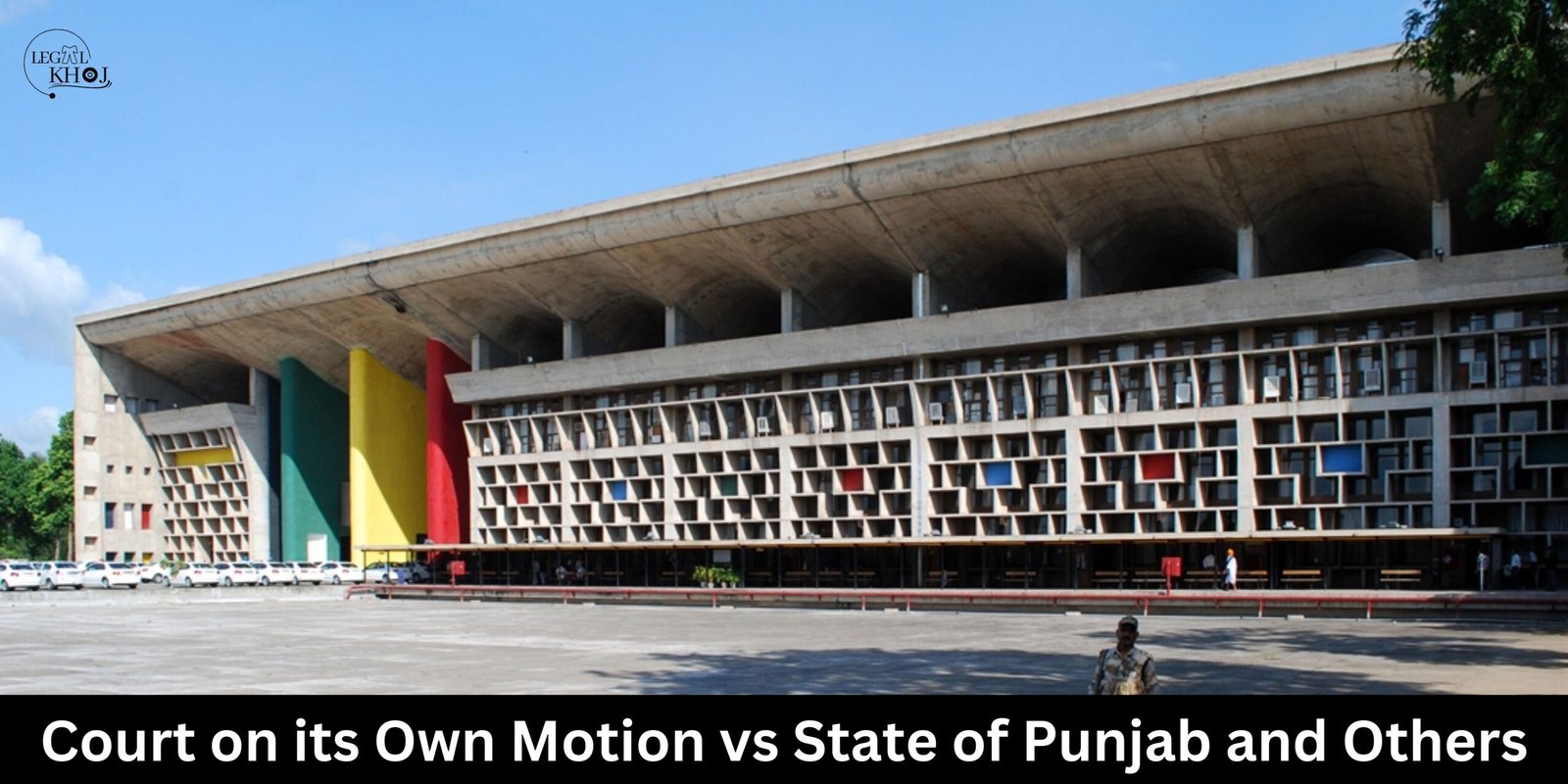The Punjab and Haryana High Court sternly rebukes prison officials
The Punjab and Haryana High Court has recently taken a stern stance on prison officials’ decision to allow gangster Lawrence Bishnoi to conduct a televised interview while in custody. This incident has raised several important issues concerning the handling of high-profile inmates and the maintenance of law and order within correctional facilities.
Case Background
Lawrence Bishnoi, a prominent suspect in the murder case of Punjabi singer Shubdeep Singh Sidhu, who was known by his stage name Sidhu Moosewala, made headlines with his televised interview. The interview was broadcast by a news channel in March of this year, during which Bishnoi claimed to possess knowledge regarding the murder plot.
This situation prompted the division bench of Justice Anupinder Singh Grewal and Justice Kirti Singh to take note of Bishnoi’s interview. The context was a suo motu matter related to the unauthorized use of mobile phones within the prison premises by inmates. It is essential to maintain strict control over inmates’ access to communication devices to prevent the misuse of such privileges, especially by individuals involved in criminal activities.
During the proceedings, the Punjab government informed the High Court that Lawrence Bishnoi was in judicial custody at Bathinda Jail when the interview was broadcast. Additionally, they revealed that a two-member committee had been established to investigate the circumstances surrounding this incident. The revelation of Bishnoi’s interview while in custody raised critical questions about the management and supervision of prisoners in the penal system.
Read Also –Yoga Institute Appointment Dr. Ishwarappa Delhi High Court Rejects Plea
The High Court expressed profound concern about the fact that a suspect in custody was allowed to conduct an extensive interview. This breach in security and oversight brought into question the responsibility of the jail officials who facilitated or permitted the interview, and the bench emphasized the need to identify and hold them accountable for their actions.
The High Court’s concerns extended to the progress of the committee formed to investigate the matter. Despite the committee being constituted in March 2023, seven months had passed, and there appeared to be limited headway made in the inquiry. This delay raised further questions about the efficiency and transparency of the investigation process.
To address this delay and ensure accountability, the High Court directed the Additional Director General of Prisons to file an affidavit regarding the delay in the committee’s report submission. This move aimed to expedite the investigation and provide transparency in the handling of the case.
The High Court’s actions were not limited to addressing the Bishnoi interview alone. It initiated a public interest litigation after a single judge took suo motu notice of the illegal use of mobile phones in the jails of Punjab, Haryana, and Chandigarh. This development highlights the broader issue of security and discipline within correctional facilities, as unauthorized access to mobile phones by inmates can have serious consequences.
In light of these concerns, the High Court issued notices to the two states, Punjab and Haryana, and the Union Territory Administration. To ensure a fair and comprehensive examination of the matter, the High Court appointed advocate Tanu Bedi as amicus curiae. The role of the amicus curiae is to provide impartial assistance to the High Court and ensure that all relevant aspects of the case are thoroughly examined.
The appointment of Tanu Bedi as amicus curiae reflects the seriousness with which the High Court views the issues at hand. It signifies the commitment to address the unauthorized use of mobile phones within correctional facilities, as well as the specific case of Lawrence Bishnoi’s televised interview while in custody.
High Court’s Conclusion
In conclusion, the Punjab and Haryana High Court’s proactive approach to addressing these concerns is essential for upholding the rule of law and ensuring the proper functioning of the penal system. The case of Lawrence Bishnoi’s interview and the broader issue of mobile phone usage within jails serve as reminders of the challenges involved in managing inmates, preventing their misuse of communication devices, and maintaining accountability among prison officials. As the legal proceedings continue, the High Court’s actions and directives will play a crucial role in addressing these challenges and ensuring justice is served.









Leave a Reply